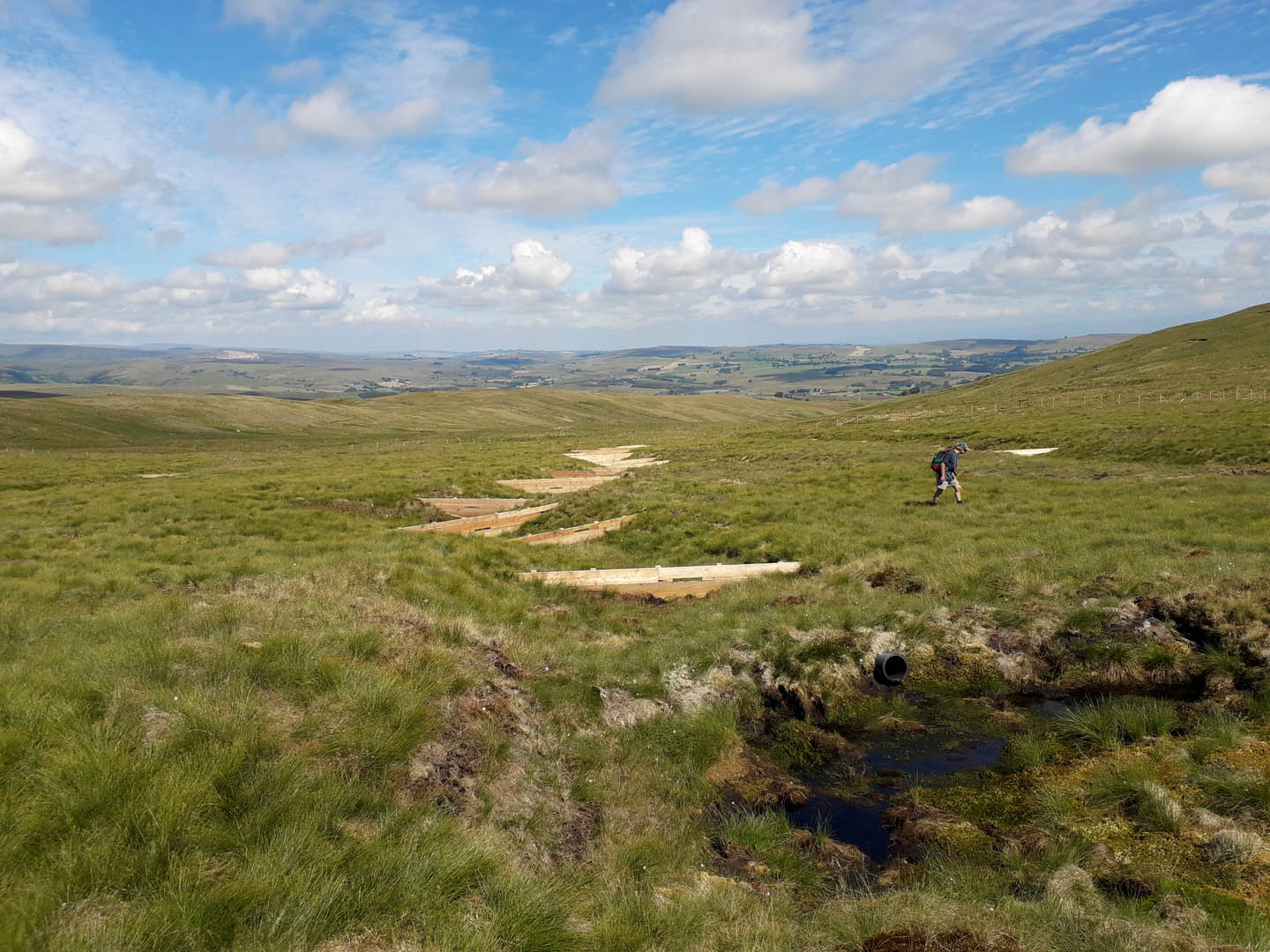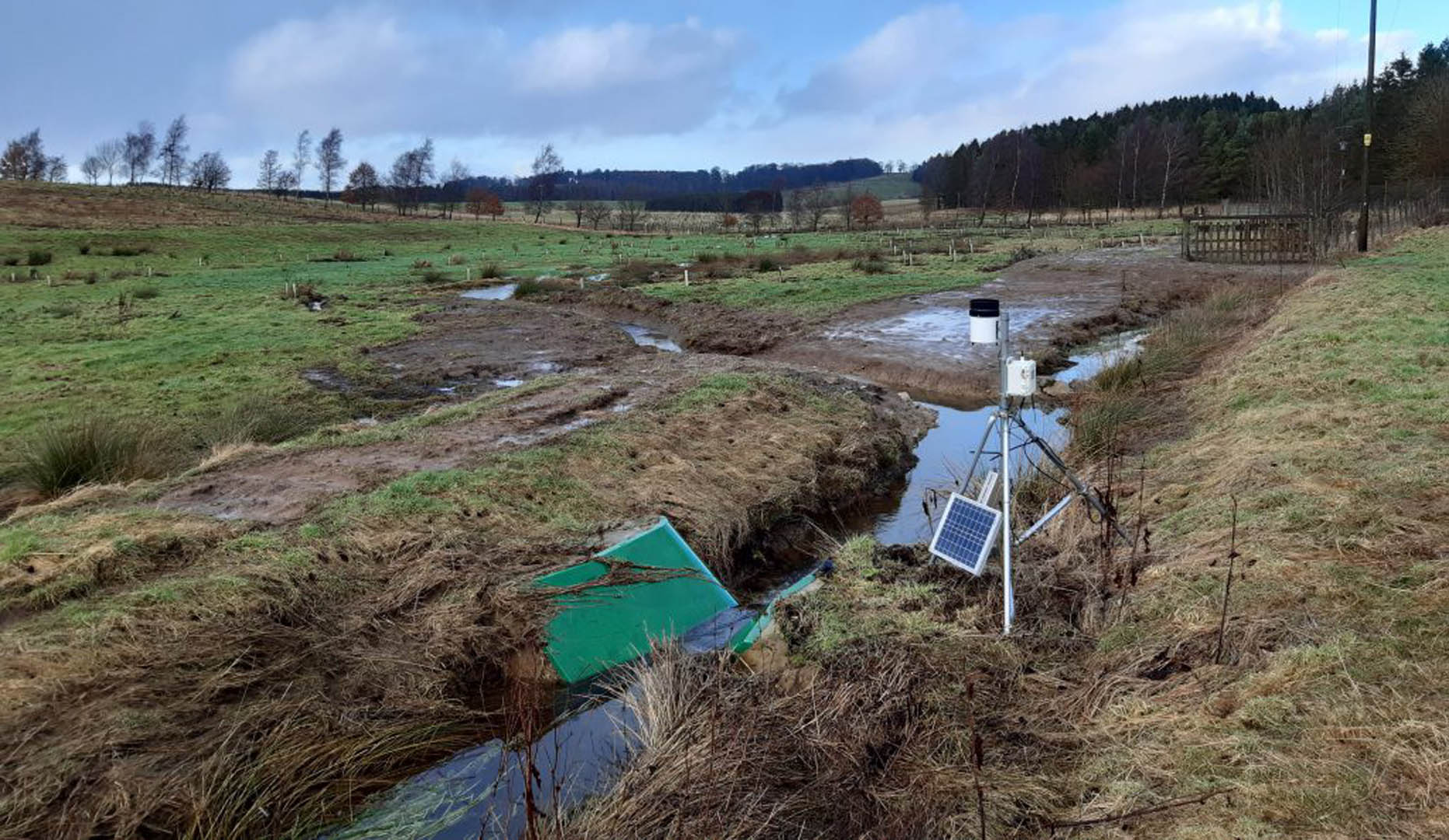Natural Flood Management (NFM) is viewed by many as an effective way of using natural processes to reduce the risk of flooding. However, there are gaps in the evidence base to demonstrate its effectiveness when scaled up to larger catchments. Our additional research and advanced modelling aimed to address this and increase the pool of knowledge on NFM.
- Client Lancaster University (Natural Environment Research Council/UK Research and Innovation project)
- Location Cumbria, Kent, Eden and Derwent catchments
- Services
Adopting hybrid modelling techniques to demonstrate the effectiveness of NFM in changing flood risk scenarios
To better understand how effective different NFM measures could be in catchments of different sizes, and in a range of flood risk scenarios, we adopted a hybrid modelling approach which fused industry and academic modelling techniques.
As well as making use of peer-reviewed studies, our own measurements from a series of micro-catchments in Cumbria and observations of flood hydrographs, this approach also required our team to develop a faster-running version of Professor Keith Beven's rainfall-runoff model. The creation of this open source model meant that the flows of rainfall to streams could be predicted with much greater accuracy, whilst also being combined with existing models generated using HEC-RAS or JFlow® to demonstrate how water entering the streams would engage with floodplains.
The initial success of this hybrid approach allowed us determine the impact of a range of variables, and as a result extend its use to larger catchments including the 2,300km² Eden catchment, situated between the fells of the Lake District and the Pennines.
In addition to developing a range of technical scenarios, we were also able to assess the performance of different NFM measures against the backdrop of a changing climate. A key part of this research centred around the 'economics of resilience' in relation to expandable storage for floodplain re-connection. This allowed our team to determine the financial costs and benefits associated with creating and maintaining suitable areas of land, with the ultimate objective of helping to create a financially viable solution that helps to protect at risk communities from the effects of climate change.

We worked with key end-user partners such as the Rivers Trust to develop specific scenarios. This included scenarios to help communities at risk from frequent flooding in small catchments where the evidence is stronger that NFM will work.






